Natural Language Processing Tutorials
Learn how to deal with analyzing, processing text and build models that can understand the human language in Python using TensorFlow and many other frameworks.
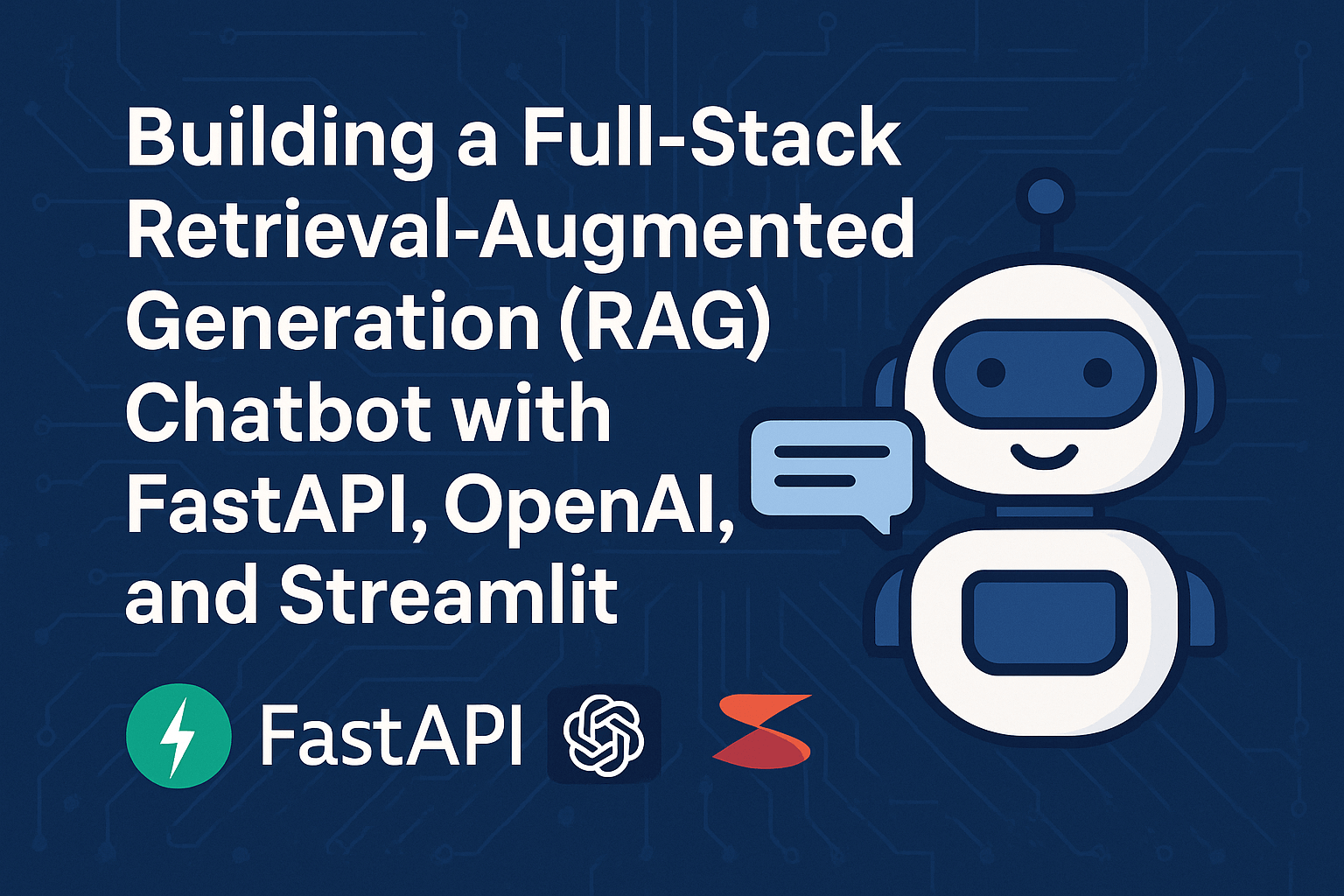
Building a Full-Stack RAG Chatbot with FastAPI, OpenAI, and Streamlit
Learn to build a full-stack RAG chatbot with FastAPI, OpenAI, and Streamlit. Step-by-step guide to create a chatbot answering questions from uploaded PDFs.
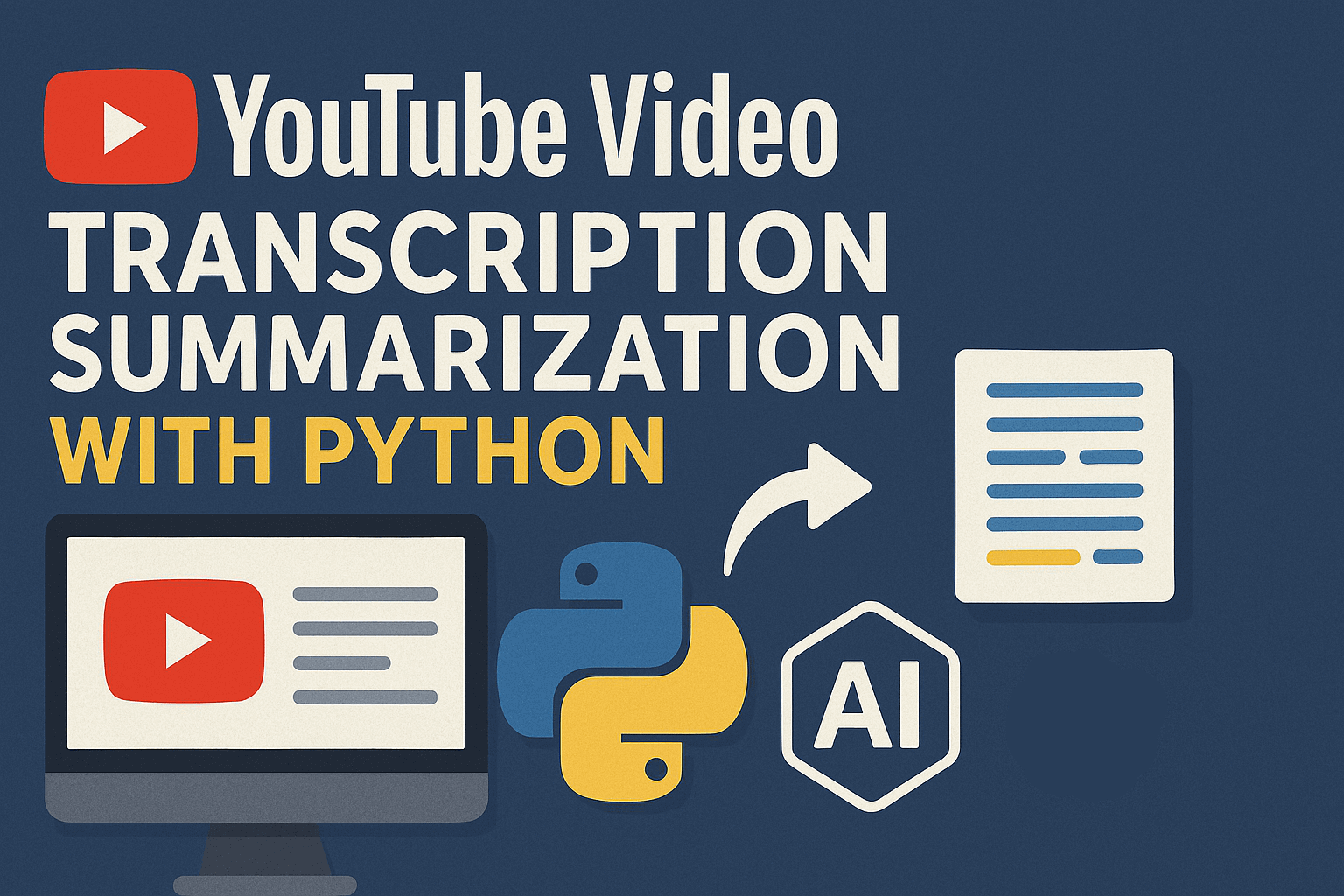
YouTube Video Transcription Summarization with Python
Learn how to transcribe and summarize YouTube videos using Python! This tutorial covers extracting video transcripts with YouTubeTranscriptApi, processing text with NLTK, and generating AI-powered summaries using OpenRouter's Mistral model.

How to Edit Images using InstructPix2Pix in Python
Learn how you can edit and style images using Instruct-Pix2Pix with the help of Huggingface diffusers and transformers libraries in Python.

How to Control Generated Images by Diffusion Models via ControlNet in Python
Learn how you can control images generated by stable diffusion using ControlNet with the help of Huggingface transformers and diffusers libraries in Python.

Visual Question Answering with Transformers in Python
Learn the current state-of-the-art models (such as BLIP, GIT, and BLIP2) for visual question answering with huggingface transformers library in Python.
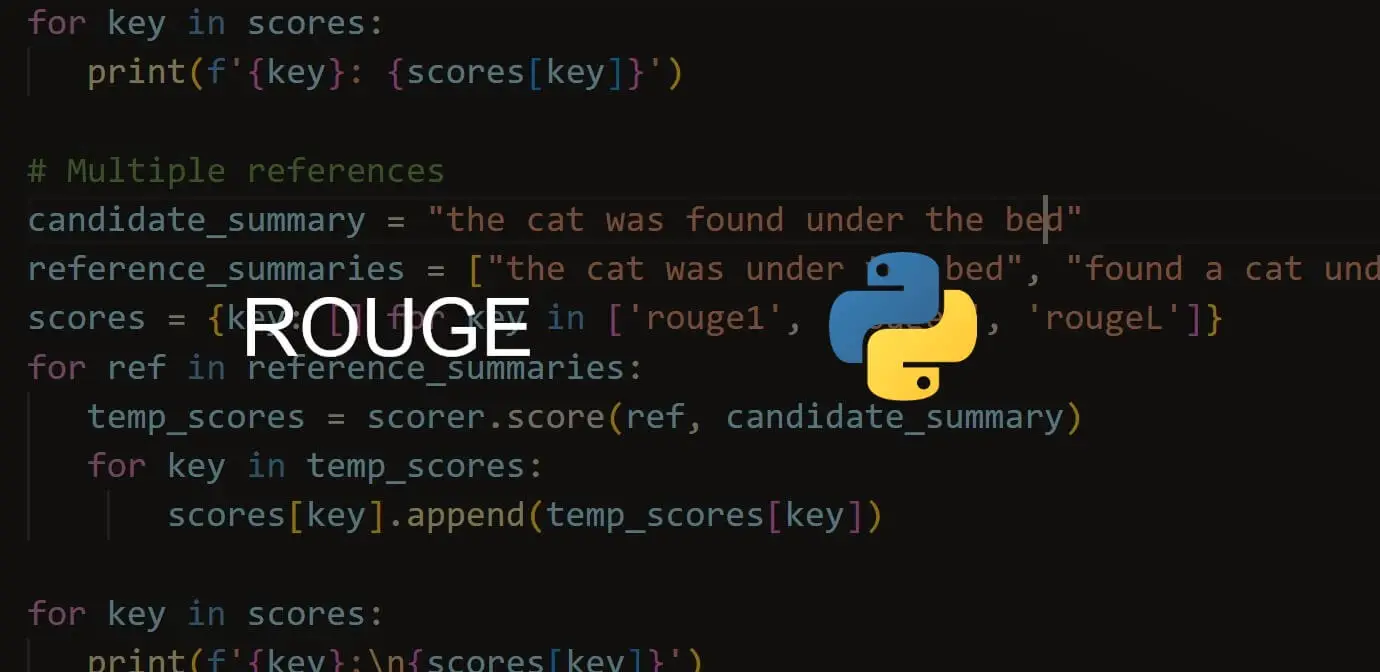
How to Calculate ROUGE Score in Python
Learn what is the ROUGE score and how to calculate it using rouge_score library in Python.
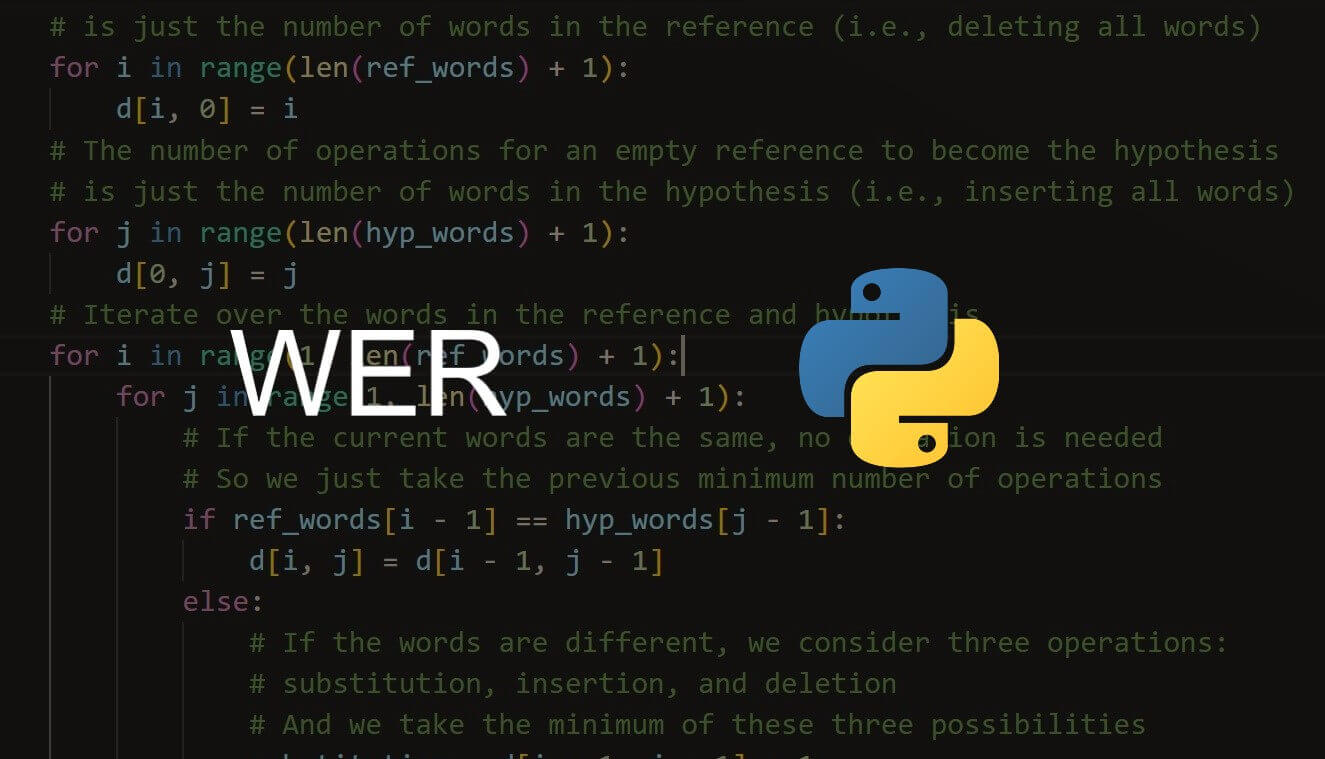
Word Error Rate in Python
Learn what is Word Error Rate (WER) metric that is widely used in Automatic Speech Recognition (ASR) and how to implement it in Python along with using third-party libraries like jiwer and evaluate.
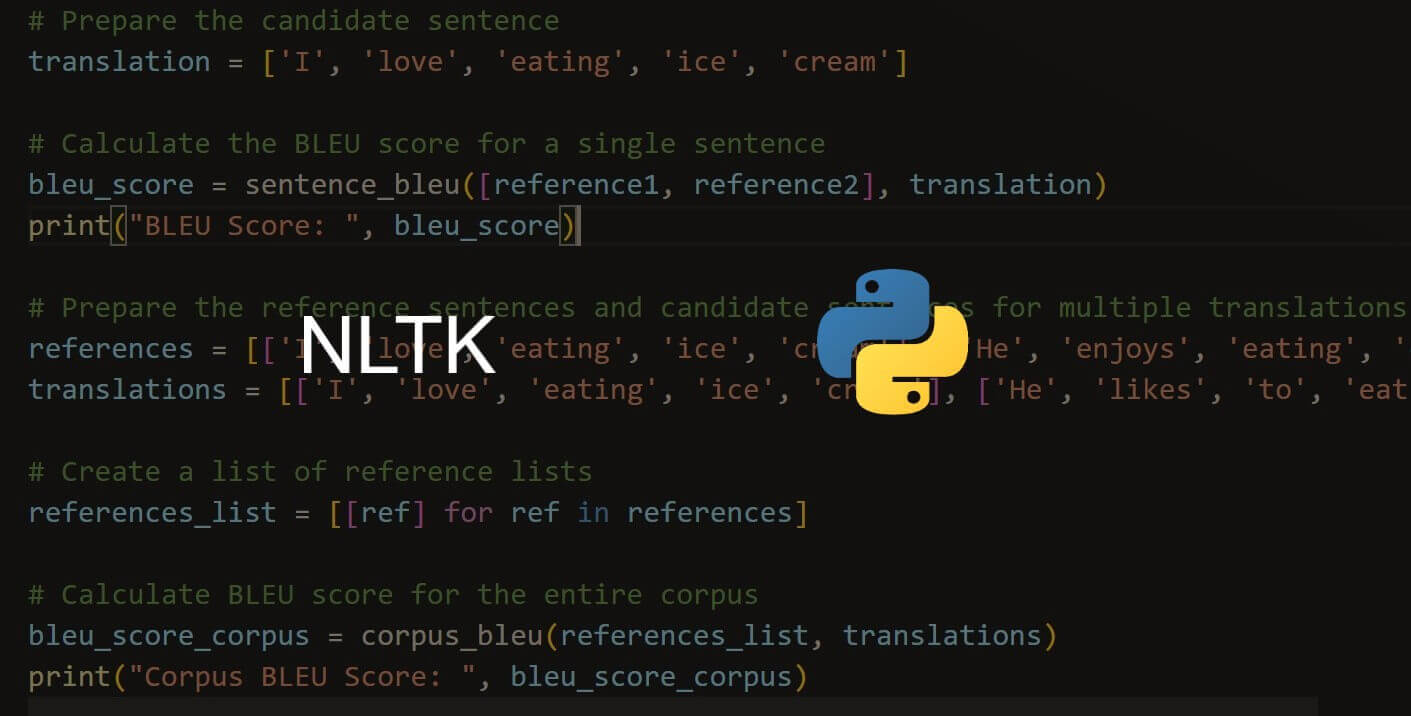
How to Calculate the BLEU Score in Python
Deep-dive into the BLEU Score: A guide to understanding BLEU (Bilingual Evaluation Understudy), a vital metric in NLP. Learn how it evaluates machine-generated sentences against human references in text summarization, translation, and more with NLTK in Python.
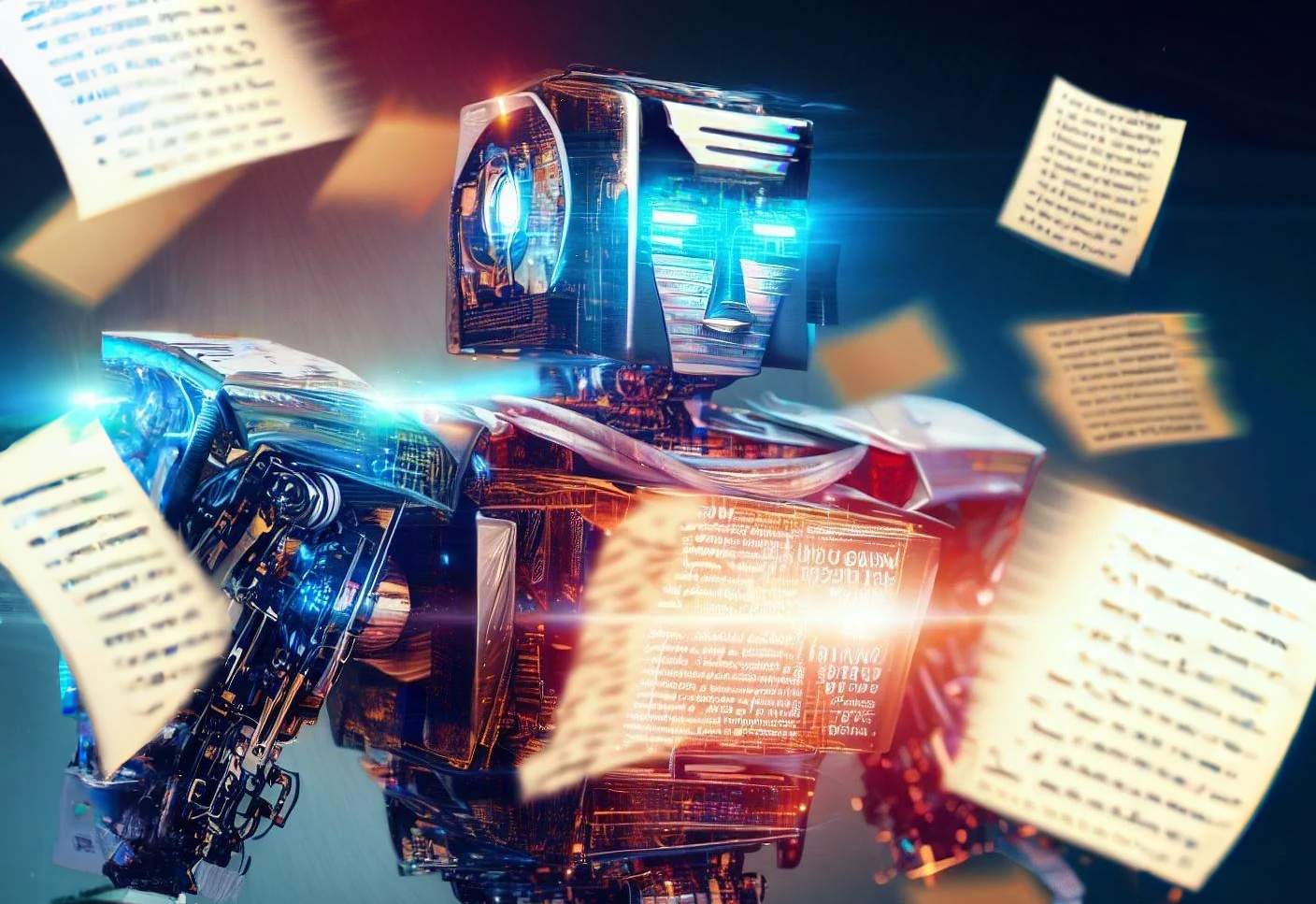
Fine-tuning BERT for Semantic Textual Similarity with Transformers in Python
Learn how you can fine-tune BERT or any other transformer model for semantic textual similarity using Huggingface Transformers, PyTorch and sentence-transformers libraries in Python.

Image to Image Generation with Stable Diffusion in Python
Learn how you can generate similar images with depth estimation (depth2img) using stable diffusion with huggingface diffusers and transformers libraries in Python.

How to Generate Images from Text using Stable Diffusion in Python
Learn how to perform text-to-image using stable diffusion models with the help of huggingface transformers and diffusers libraries in Python.

Image Captioning using PyTorch and Transformers in Python
Learn how to use pre-trained image captioning transformer models and what are the metrics used to compare models, you'll also learn how to train your own image captioning model with Pytorch and transformers in Python.
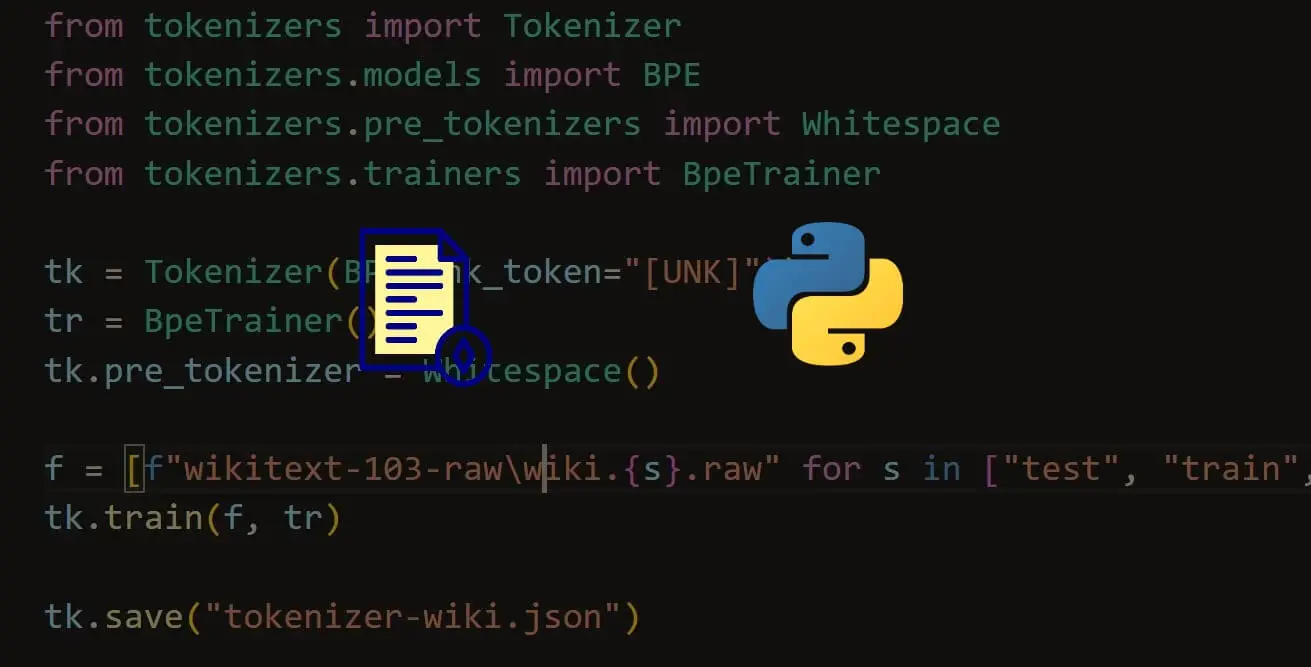
Tokenization, Stemming, and Lemmatization in Python
This article discusses the preprocessing steps of tokenization, stemming, and lemmatization in natural language processing. It explains the importance of formatting raw text data and provides examples of code in Python for each procedure.
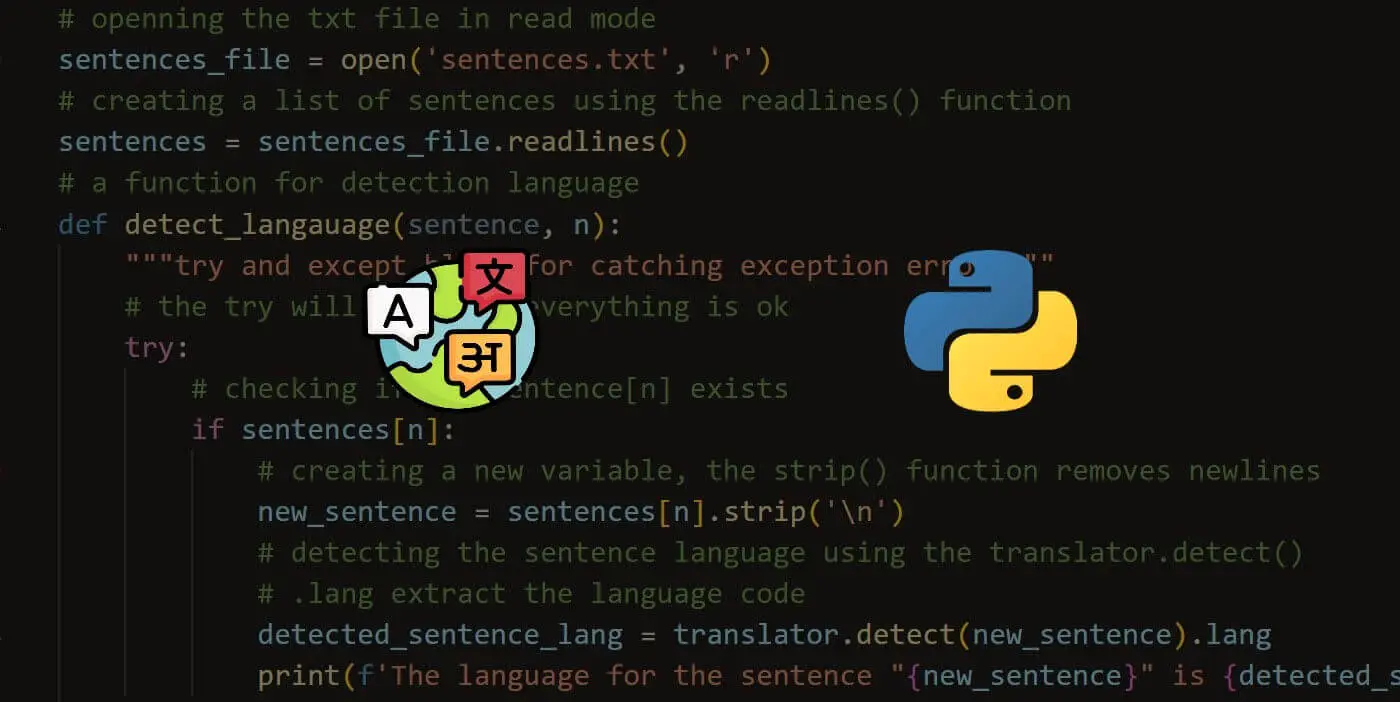
How to Make a Language Detector in Python
Explore different libraries for detecting natural languages such as langdetect, langid, googletrans, and language-detector in Python.
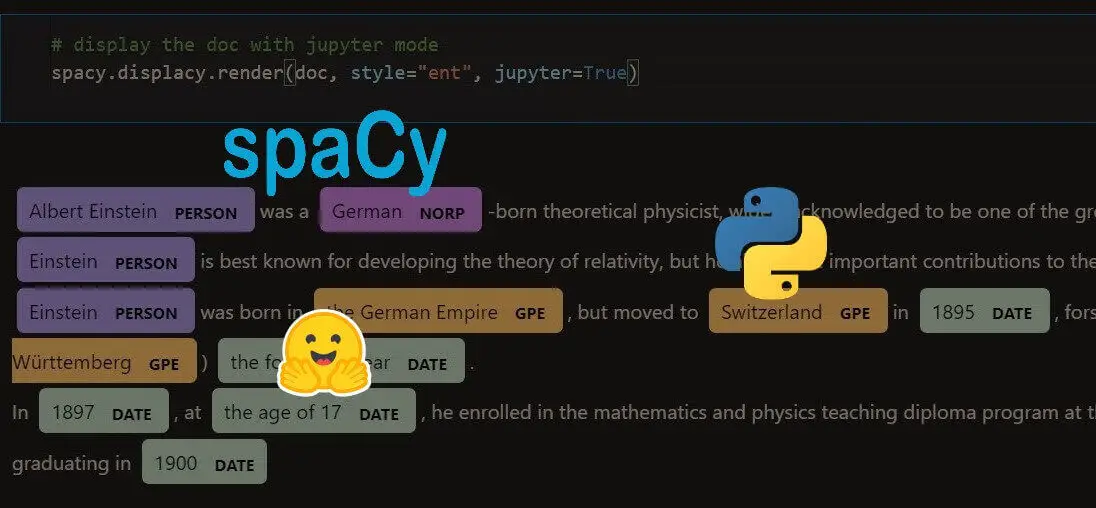
Named Entity Recognition using Transformers and Spacy in Python
Learn how you can perform named entity recognition using HuggingFace Transformers and spaCy libraries in Python.
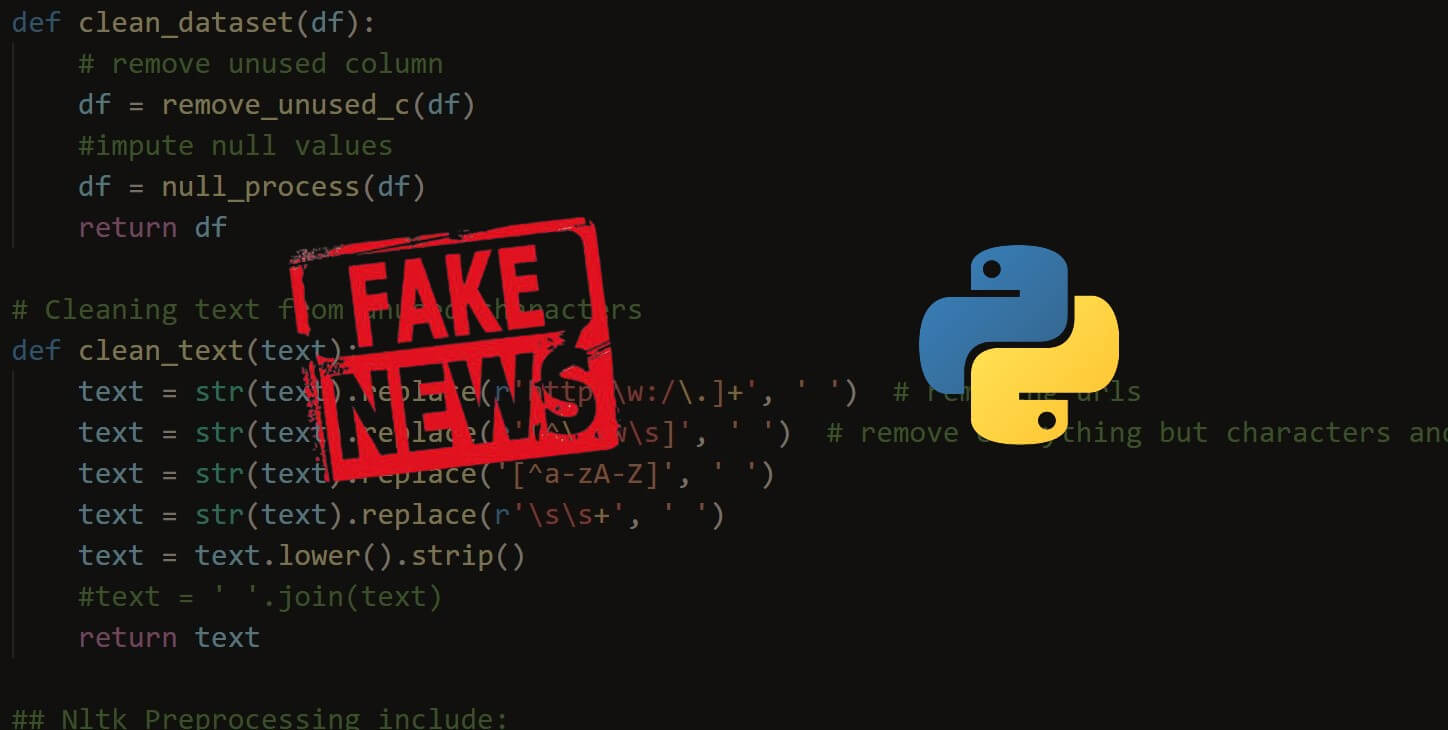
Fake News Detection in Python
Exploring the fake news dataset, performing data analysis such as word clouds and ngrams, and fine-tuning BERT transformer to build a fake news detector in Python using transformers library.
